Kratom: what does science say about the… botanical?
A 2020 survey of 2,798 American Kratom users by Johns Hopkins Medicine found that less than 3% of respondents met the criteria for moderate or severe kratom use disorder… A 2019 study in Preventative Medicine estimated that “the risk of overdose death is >1000 times greater for opioids than for kratom.” While most morphine-like opiate overdoses are…

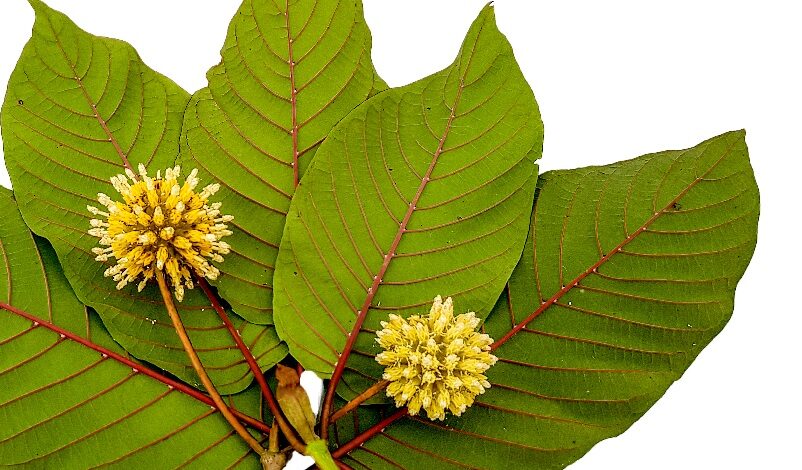
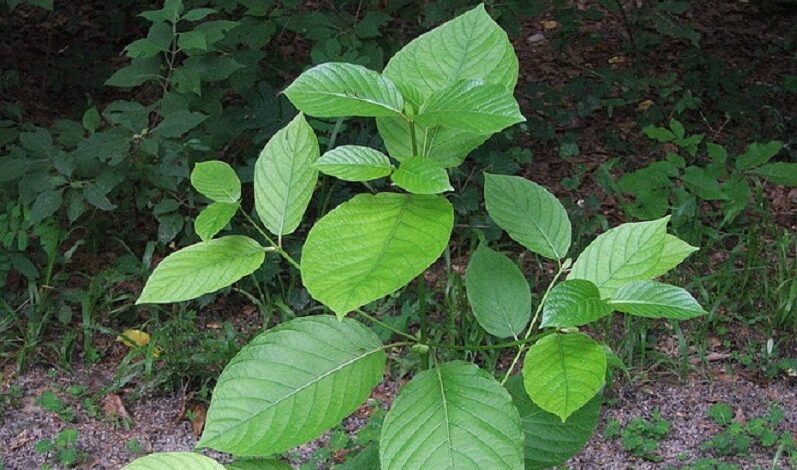
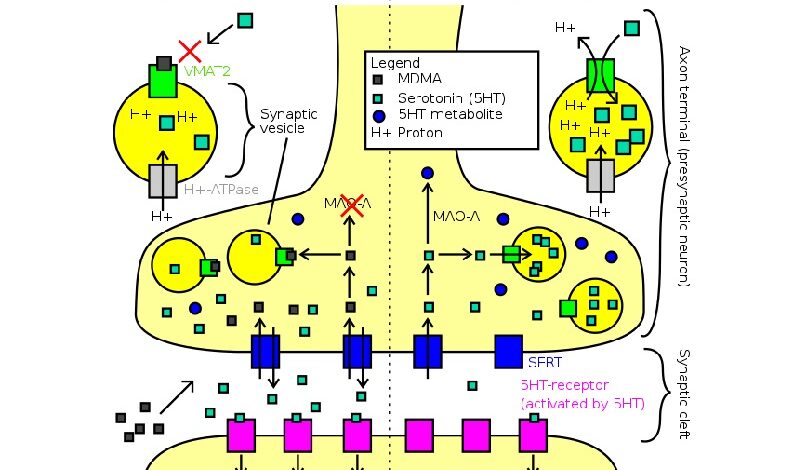
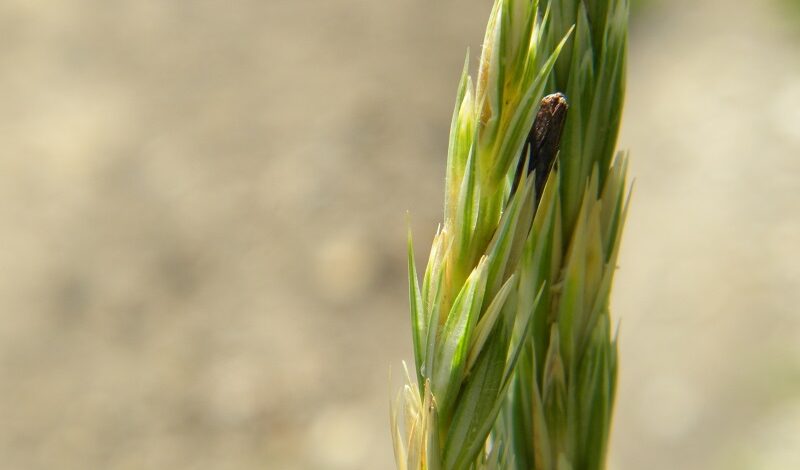

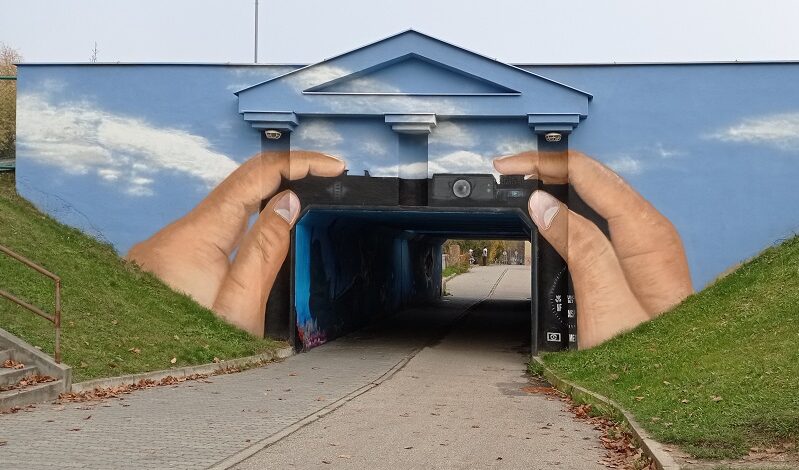
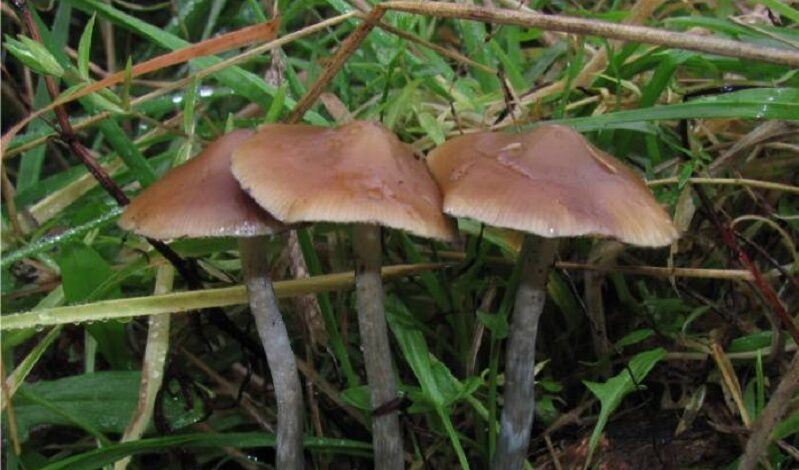
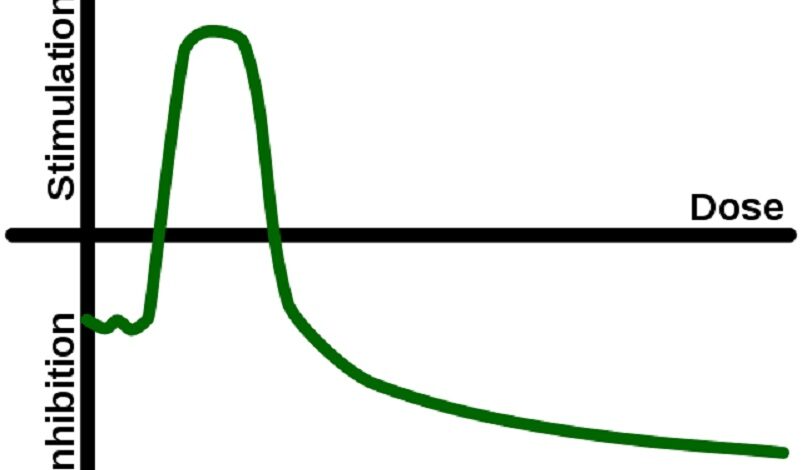
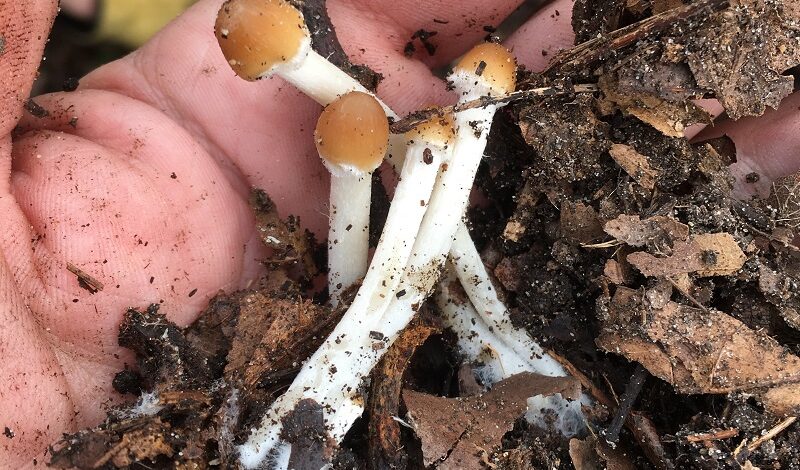
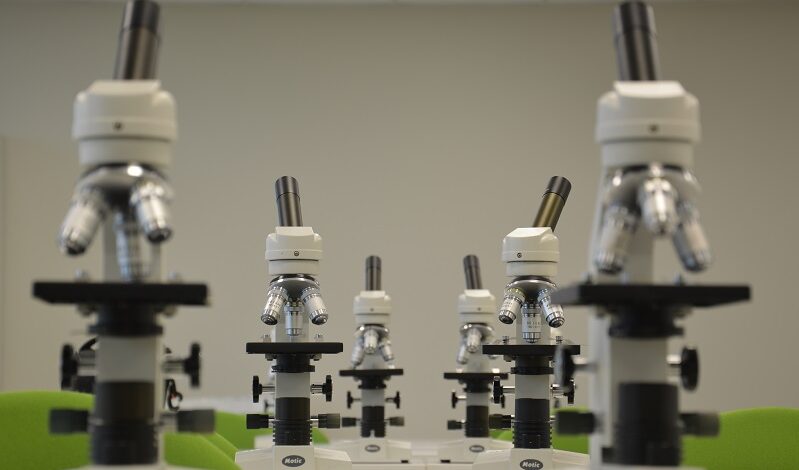
Recent Comments